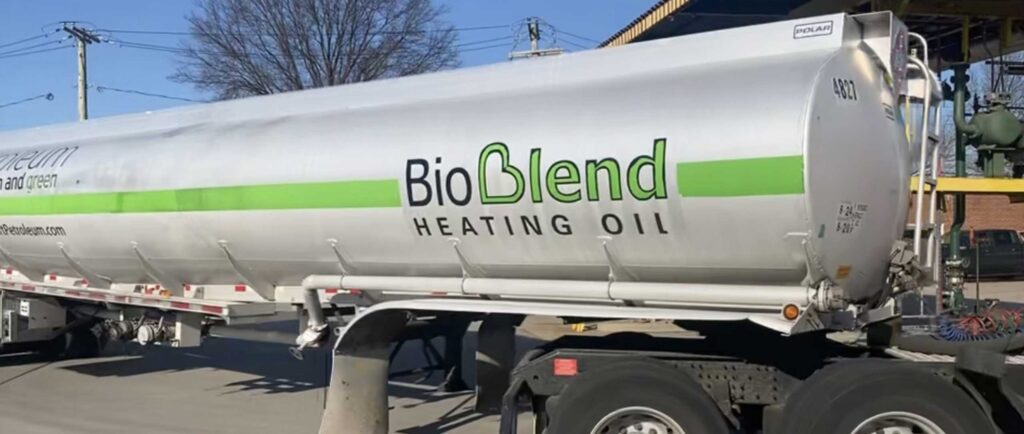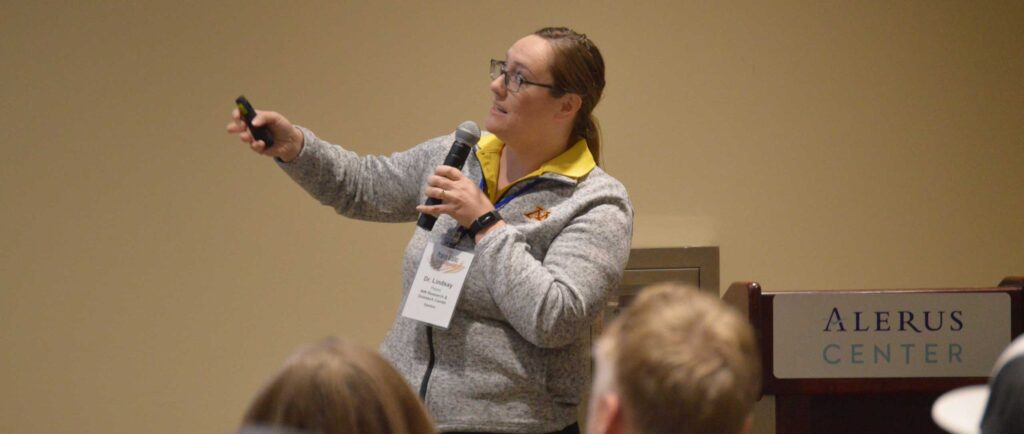For soybean farmers and agronomists doing soil fertility sampling and testing this fall, “it’s also a great time to pull soil samples for soybean cyst nematode (SCN) testing while you’re in the field,” says Sam Markell, North Dakota State University plant pathologist and leader of The SCN Coalition. It’s the first step in actively managing SCN resistance, which is a growing problem for many soybean farmers, whether they realize it or not.
“With research showing that SCN populations are becoming resistant to the source of resistance (PI 88788) used in 95 percent of commercial soybean varieties, farmers can no longer assume that planting an SCN-resistant variety is controlling this pest,” Markell says. “That’s why The SCN Coalition recommends that farmers know their nematode numbers.”
Soybean boards in several states offer free SCN soil testing, so it may cost little to nothing to test your fields so you know your numbers. The following states offer soybean farmers free SCN soil testing: Arkansas, Michigan, Minnesota, Nebraska, Ohio, South Dakota, Tennessee, Texas, Virginia, West Virginia and Wisconsin.
“This list isn’t exhaustive, so check with your state soybean board,” Markell adds.
In states that don’t offer cost assistance, SCN tests generally cost $1 to $2 an acre.
“The yield loss potential is $10 to $20 per bushel, so testing makes economic sense,” he continues. “You can have yield losses of up to 30 percent from SCN with no above-ground symptoms.”
Fall is a perfect time to sample fields where soybeans were grown this year, as well as fields planted to corn in 2018 and slated for soybeans next year.
According to Markell, “You’ll get information on this year’s crop, as well as data to help you make management decisions next spring.”
A similar sampling process
The SCN sampling process is similar to soil fertility sampling. Use a soil probe that’s a 1-inch diameter tube. Collect 20 cores or more from 6 to 8 inches deep.
“We’d like cores collected either in a zig-zag pattern, or you can pull cores from high-risk areas in the field,” Markell says. “Those include entry ways, high soil pH areas, low spots and areas that have previously flooded, as well as areas in the field with unexpectedly low yields that you can’t explain.”
Put the cores in a bag and mail them to a testing lab. A list of public and private testing labs serving each state is available on TheSCNcoalition.com under Partners.
About The SCN Coalition
The SCN Coalition is a public/checkoff/private partnership formed to increase the number of farmers who are actively managing SCN. Our goal is to increase soybean farmers’ profit potential and realize higher yields. Partners in The SCN Coalition include university scientists from 28 states and Ontario, grower checkoff organizations including the North Central Soybean Research Program, United Soybean Board and several state soybean promotion boards, and corporate partners including BASF, Bayer, Growmark, DuPont Pioneer, Syngenta and Winfield United.






